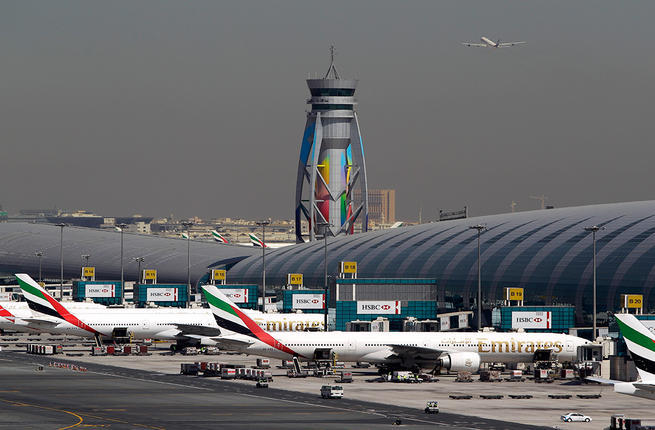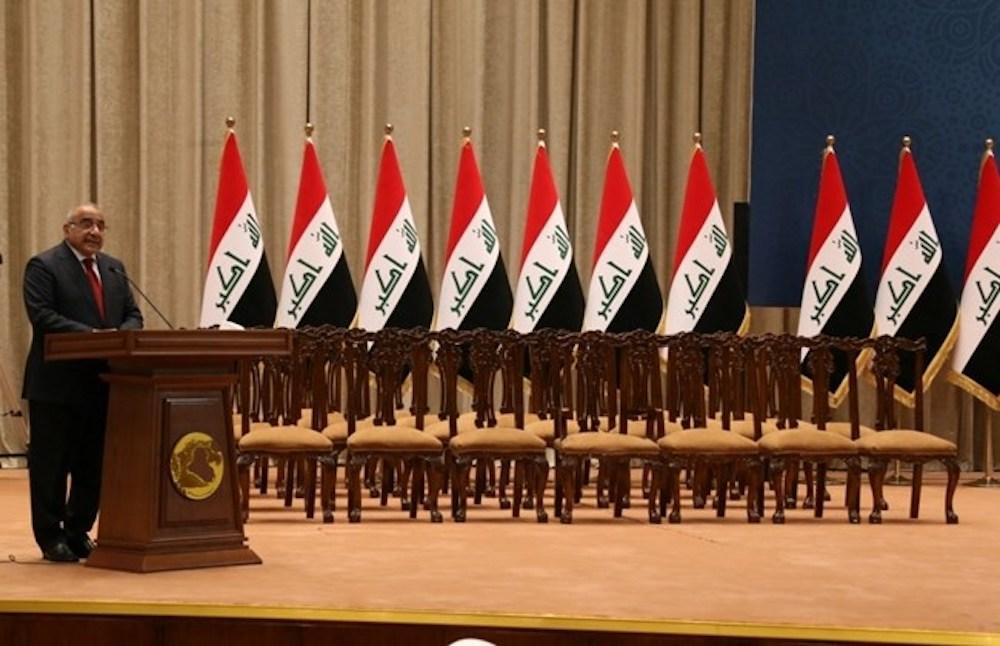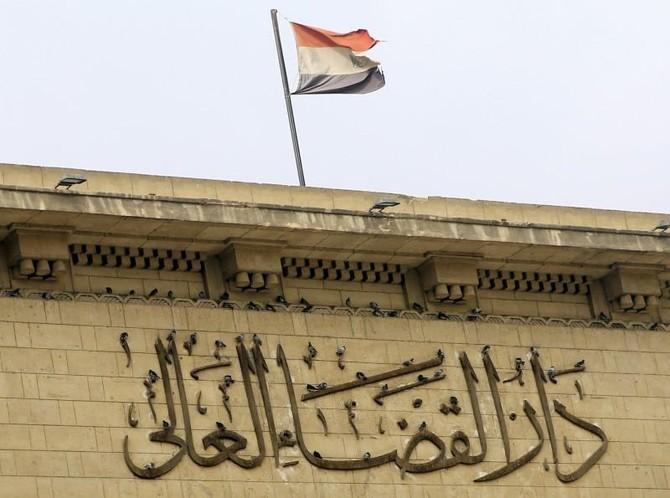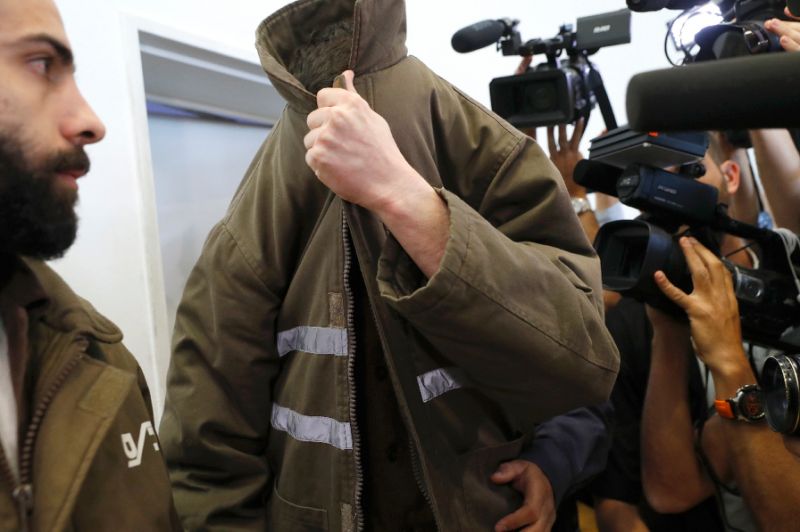Houthi claims of UAE airport drone attacks were ‘propaganda fabrications’
LONDON: Houthi militia claims that they attacked UAE airports with drones are probably “propaganda fabrications,” according to a report from investigative website Bellingcat.
The alleged attacks had been used by the Iran-backed Houthis as a tool to give the impression they had the capability of attacking strategic sites inside the Emirates, the report by risk consultant Khalil Dewan said.
In July and August, Houthi media claimed that Abu Dhabi and Dubai airports had been targeted by their forces with Sammad-3 drones. The claims, which were denied by the UAE, were also found to be baseless by the Bellingcat investigation.
The report also implicated Iran in arming the Houthis, citing the militia’s use of Hudhuh-1, Qasef-1 and Sammad unmanned craft, all of which “resemble Iranian-made drones.”
“The Houthi’s primary method (of propaganda) is to show they have the capability to strike the UAE,” the report said.
On both occasions of the alleged attacks, flights continued to operate unaffected — despite claims by the Houthis of flights redirecting from Abu Dhabi to Dubai.
The UAE General Civil Aviation Authority at the time denied the claims and said air traffic was operating as usual.
The Bellingcat report cited the lack of mobile footage captured by passengers of disruptions as they traveled through the airports as evidence that the attack did not take place.
“The disruption that occurred and the scale of it would not suggest that a lethal attack occurred,” the report said.
The report also debunked Houthi claims that drone attacks had been carried out in Saudi Arabia.
Charts and infographics released by the militia list alleged drone operations in the Kingdom between December 2017 and July 2018, as well as the type of drones supposedly deployed.
While the drones may have entered Saudi Arabian airspace, the Bellingcat report said it was unlikely the drones actually carried out strikes.
On April 11, Saudi Arabia’s air defense systems downed two Houthi drones in the south at Abha International Airport and Jazan. According to Arab Coalition spokesman, Col. Turki Al-Maliki, an “unidentified body” flew toward Abha International Airport but was destroyed.
Al-Maliki confirmed the remnants appeared to be those of a Houthi drone. On the same day in Jazan, Saudi defense forces destroyed another Houthi drone and according to Al-Maliki, the drone was identical to the remnants of the one downed at Abha International Airport.
According to a Conflict Armament Research report, the use of drones shows the Houthis’ ability to use “low-cost technology” against the Arab coalition’s “sophisticated military assets,” but that the use of the Iranian-designed Qasef-1 drones supports the claim that Iran is arming the Houthis in Yemen.

Amnesty accuses Houthi militia of ‘militarizing’ Yemen hospital



